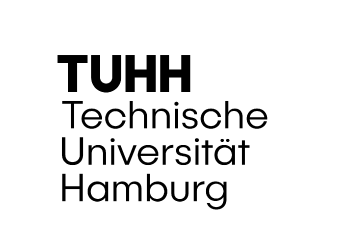Challenge: Sustainable (Inner-)City Development
Challenge: Sustainable (Inner-)City Development
- SDG 11 – Nachhaltige Städte und Gemeinden
- Challenge
- 3 ECTS
- 90 h
- Online - Synchron
- kostenlos
#sustainable cities and human settlements #inclusive #safe #resilient
Das wirst Du lernen
After successfully completing the course, learners will be able to:
- Identify and describe instruments and measures dealing with SDG 11 and sustainable development in general.
- Explain the concept of sustainable development and transfer it to a city context.
- Work in a self-directed and student-centered learning environment.
Damit wirst Du Dich beschäftigen
- You will apply your expertise in specific SDG 11 settings by creating posters, pitches, reports, presentations, etc.
- You will get to know the planning system and planning cultures of Germany and Greece and will be able to describe them.
- You will get to know the cities of Hanover and Thessaloniki as well as other cities as examples against the background of sustainable development and can outline them.
- You will transfer and reflect on your experiences in professional contexts.
So ist Dein Kurs aufgebaut
Chapter 1: Introduction to key components, targets, and strategies of UN SDG 11.
Chapter 2: City Pitch – Select and research a city, present findings through a video or presentation, and explore case studies (Hannover & Thessaloniki).
Chapter 3: Audio City Tour – Virtual tour of a case study city, leading to a poster on its urban development and SDG 11 relevance.
Chapter 4: Sustainable City Strategies – Analyze planning strategies and propose solutions for your selected city in a short report.
Chapter 5: Pecha Kucha Presentation – Present findings from your Case City Report and provide peer feedback.
Chapter 6: Reflection & Evaluation – Review course content, personal learning, and proposed strategies while offering feedback.
Course period: 15.04.2025 – 15.07.2025, Tuesdays from 14-16 o’clock (online meetings)
Important Milestones/Deadlines:
· 15.04.2025 Introduction to the course
· 22.04.2025 Discussion of Chapter 1
· Optional: 29.04.2025 Q & A
· 13.05.2025 Discussion of Chapter 2
· Optional: 20.05.2025 Q & A
· 27.05.2025 Discussion of Chapter 3
· Optional: 03.06.2025 Q & A
· Optional: 17.06.2025 Q & A
· 24.06.2025 Discussion of Chapter 4
· Optional: 01.07.2025 Q & A
· 15.07.2025 Discussion of Chapter 5
NOTE: The self-study option allows you to complete the course at your own pace. However, make sure that you reach the milestones by the specified dates.
So lernst Du
You learn by working through all the course content at your own pace and in your own order, and by completing the tasks you are given. You will often have the opportunity to look at additional information or exchange ideas with other learners. Your knowledge will be tested in each chapter with various assessments.




